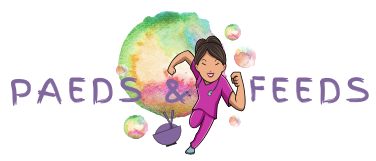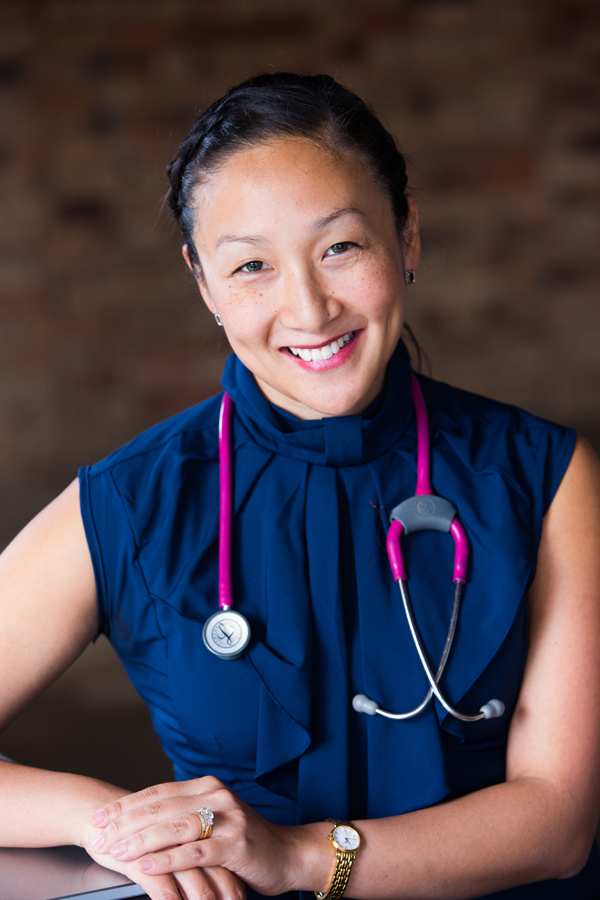What an exhausting few weeks it has been!
All that birthday partying, followed by study, assignment work and an exam yesterday for Uni (my masters). Also get to go to Ed Sheeran with my big bro and sis this week (woo hoo – *happy dance*).
A good friend of mine has had a little one who recently had a terrible experience with her first infection with the cold sore virus, so I decided I might blog about it. It is pretty common of course and it helps to have a few tricks up your sleeve in case one of your little ones gets it.
I got my first and only cold sore when I was around 18 years old. Well, at least I thought it was a cold sore because my boyfriend at the time (my only other really long-term boyfriend other than my now husband) had one first, in the exact, mirror-image spot to mine. I was so cross!! Thankfully it healed and has never returned. Cold sores as I then learned, are highly contagious. They spread through saliva, direct skin-to skin contact or by touching something (or sharing things like drink bottles, eating utensils, toothbrushes or towels) that has been handled by someone infected with the virus.
They appear as small blisters that usually occur around the lips and mouth (but can literally occur anywhere on the body through direct contact with an active blister/blister fluid), but sometimes appear/extend to the chin, nose and cheeks. Each cold sore will start with an itchy or tingling sensation on the spot where the blisters will later appear. They will usually last about 1-2 weeks – weeping/oozing fluid and then drying and crusting over before finally healing. They can still be catching, even when blisters aren’t present!!
They are caused by the cold sore virus, herpes simplex type 1 (HSV-1), and most people are exposed to this virus between the ages of 1-5 years. Depending on what source you are reading, 50-80% of the population are infected by the time they reach adulthood! In the vast majority of cases, HSV is harmless even though it causes the uncomfortable and unsightly sores that it does.
(Note genital herpes is caused by a different strain of the herpes virus – HSV-2. This is also spread by direct contact and body fluids and can cause similar kinds of blistering sores anywhere on the body)
When a child contracts HSV-1 and develops a cold sore for the first time, (“primary HSV”), sometimes the signs/symptoms are so mild that the infection goes entirely unnoticed. However, about a quarter of children will develop blistering in the mouth with this first infection and this can then progress to drooling and what can become extensive ulceration of the lips and gums as well. This is called Herpes Gingivostomatistis. This can be very painful and the child might refuse to drink or eat, leading to dehydration and in severe cases, even hospitalisation (for intravenous rehydration and pain relief).
An episode of infection can take up to 1-2 weeks to resolve completely, and does not leave scars.
The infection can be easily passed onto other children if they come into contact with the fluid weeping from any of the blisters, or saliva. For this reason it is advisable to keep your child (with gingivostomatitis) home from day care/kindy/school until the infection has resolved (this is not always necessary the case with simple cold sores). Like all infections, it can be hard to contain this kind of infection between kids, especially little ones who still put all sorts of things like toys, clothes, fingers etc in their mouths and spread their drool everywhere.
Signs and Symptoms
-
- fever
- headache
- irritability
- swollen glands
- sore throat
- mouth ulcers/blisters
- pain
- poor appetite/oral intake of fluids
- dehydration
As we discussed above, most people are infected when they are young and the infection lasts for life. However the virus can remain inactive (dormant) in some people, meaning that cold sores may never appear.
However, there are various factors that can cause the virus to become active resulting in one or more cold sores. These are often factors that affect the body’s ability to fight infection. They can include:
- tiredness and fatigue
- colds, flu or fevers
- stress or things that cause emotional upset
- strong sunlight, cold or wind
- a break in the skin near the affected area
- periods (menstruation)
So what should you do if you, or your child gets a cold sore?
Since the infection with HSV lasts for life – you should try really hard to not give it to anyone!!
The cold sore virus is an uncomfortable inconvenience to most people, but to babies and to children (and adults) with compromised immune systems it can be a LIFE-THREATENING infection. It can spread to the brain (meningitis, encephalitis – TERRIBLE!!), you can get it systemically (ie in the blood, making you VERY sick indeed) or you can be “lucky” and just get it where the lesions appear on your skin. Hence the click bait on the Facebook page “The Bad, The Bad and The Ugly.” Full title credit to my esteemed colleague and friend Dr Ryan Eisemann (general paediatrician working with me at Paeds in a Pod Greenslopes), who let me steal his talk title!
Stop the spread of infection by:
- Clean your hands often with soap and warm water or alcohol based hand rub. This is the best way to prevent spreading the infection.
- Make your children wash their hands
- Do not allow sharing of drink bottles, eating utensils, cups, towels, face washers, pillows etc between family members or with friends at school during active infection
- Try not to not touch the cold sore or your face, especially if you have a baby or if you are breastfeeding
- Do not touch the sores. If you touch them, you must clean your hands before touching anything else.
- Do not kiss your baby or child when you have a cold sore – children can get cold sores on their foreheads, fingers (when they touch YOUR cold sore with their hands) or anywhere they have contact spread
- Do not hold, touch, kiss or have direct contact with other people’s babies
- Keep your child home from day-care, kindy or school if they have active infection
How do we treat cold sores?
You can get an over-the-counter cold sore ointment (aciclovir cream [brand name: eg Zovirax]) that can be applied to the “tingly/itchy” area of the cold sore before it appears – 5 times a day for 5 days and this can prevent the cold sore from appearing. Talk to your friendly local pharmacist about it.
If cold sores are problematic or occur in other areas eg the eye, then see your GP as soon as possible, oral antiviral medicine (eg aciclovir, valaciclovir etc) can be started within 72 hours of the blister appearing to treat the infection to minimise damage.
{Note: Generally speaking antiviral medicines are approved on prescription for genital herpes or ocular (eye) herpes, but can be prescribed on a private script if the doctor feels the infection is severe enough or warrants such treatment. It does not get rid of the virus forever (yes, it really is a life long infection) but will reduce the severity and duration of the current infection}
In little ones with first time infection and the whole-mouth-gingivostomatitis problem, there are a few things you can do to make your bubba a little more comfortable in what is generally a fairly miserable week or two with this infection.
- Give them pain relief – paracetamol or ibuprofen (or BOTH) regularly will help with pain, fever and make them more comfotable
- Encourage them to drink little sips of fluid frequently – it doesn’t really matter what it is (water, milk, cordial, juice (although this can be a bit acidic and sting ulcers so be careful), jelly, custard, yoghurt – it all counts) to keep them hydrated
- Let them rest
- Don’t share eating/drinking utensils with them
- Wash your hands
- Carefully wash towels, face washers etc – because even drool can spread the virus
- You can try a topical oral anaesthetic – like Ora-sed gel, Xylocaine Viscous (available over the counter) or other teething gels, sucking on ice cubes/ice blocks/teething rings to help with the mouth discomfort
- If they are refusing oral intake, or become dehydrated – seek medical attention
Hope you are lucky enough to avoid this awful infection, but remember to wash your hands, don’t share eating/drinking utensils/towel/face washers/pillows etc with anyone you think may have a cold sore!
Catch you next week!
Dr Megs

